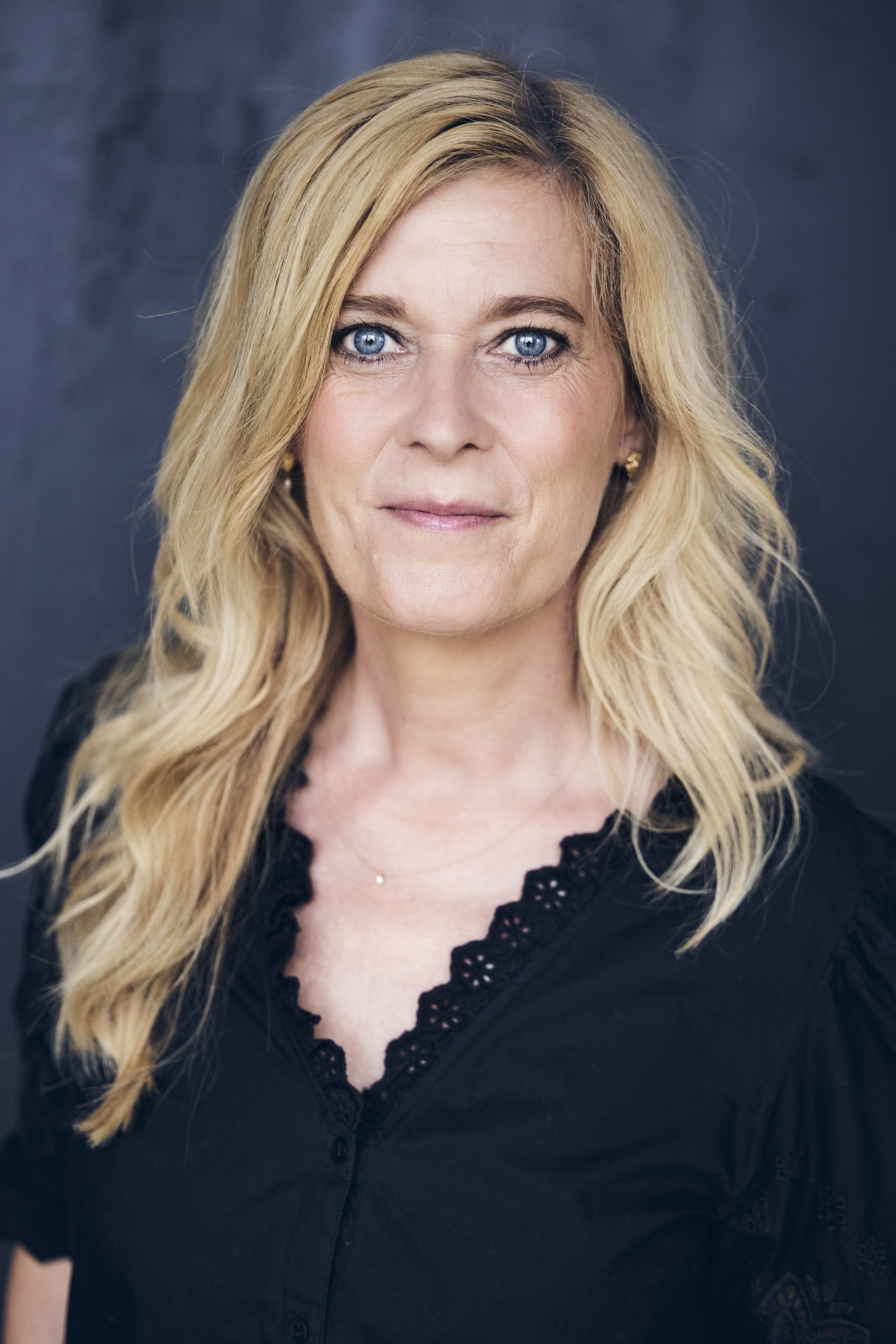"It pushed my research to the next level"
Research abroad gives PhD students experience, a network and memories for a lifetime – but we see students applying for exemption, and this affects both their education and career, says Rikke Damkjær Maimburg, professor and programme director at the Graduate School.
![[Translate to English:] [Translate to English:]](/fileadmin/_processed_/5/6/csm_Anne_Hammer_udlandsophold_privat_345f01028a.jpg)

It took a lot of preparation and planning to keep track of all the formal and practical arrangements of living abroad when Clinical Associate Professor Anne Hammer was doing her PhD in cervical cancer and older women. Nevertheless, she has never regretted travelling to New Mexico for six months with her husband and three children.
"I’ve benefitted enormously from my stay, both professionally and personally. I came home with a huge network, and working and experiencing another research institution really pushed my research to the next level. Of course, it took time and preparation to get everything in place, but it's about seeing solutions, not challenges," says Anne Hammer, who today works as a research coordinator, senior hospital physician and researcher at the regional hospital in Gødstrup.
However, planning and organising a stay abroad can seem like a burden and some PhD students therefore apply for exemption from the stay.
According to Rikke Damkjær Maimburg, a programme director at the Graduate School of Health, this is unfortunate, as research abroad is an important part of a PhD degree programme.
"According to the ministerial order, research abroad is compulsory, and it’s an important cornerstone of students' education. It’s important to get out and experience working in a different research institution and with a different research group, as it can lead to a lasting network. It also gives you a more international view of your work and can improve your chances of getting your research published," says Rikke Damkjær Maimburg.
Research abroad was a career springboard
Anne Hammer recognises that planning a stay abroad requires a lot of work. However, she's glad she went, as the trip ended up being crucial for her career.
She contacted the researcher she wanted to collaborate with, and the agreement on Anne Hammer's research stay at the University of New Mexico was finalised after a meeting at a congress.
"I needed sparring on a specific topic and research field, so I found one of the world's leading researchers in that field. It meant that my research was taken to a whole new level, and I wouldn’t have been able to complete my studies as I did without her and my Danish supervisor group," she says.
In addition, Anne Hammer was keen to establish collaboration with the research unit in New Mexico, which could continue afterwards and make it possible for future PhD students to come to the same place. As a result, three of Anne Hammer's own PhD students have so far been on research stays with the same supervisor in New Mexico.
Anne Hammer has also gained a lot from her stay at a personal level.
"The researcher I worked with is still a close friend. We still work together, I visited her during my postdoc, and we’ve worked together in international working groups. While I was a PhD student, she arranged for me to visit the Johns Hopkins Bloomberg School of Public Health, where I met other researchers I still work with today," she says.
Rikke Damkjær Maimburg also stresses that research abroad should not be seen as a tiresome duty, but rather as a unique opportunity for students and their careers.
"I hope that students will see research abroad as an opportunity for a unique experience. Not only can you gain new knowledge, learn new methods and maybe even bring home new ideas that you can build on in your future research, but you can also establish a strong international network of researchers working in your own field," she says.
Being able to navigate an international environment and having an international network can also impact students' careers.
"Research abroad is also something that is emphasised when looking for employment after your PhD. The transition from PhD to postdoc can be difficult, and a strong research network, also internationally, is one aspect that many appointment committees look for," says Rikke Damkjær Maimburg.
Good guidance is important
However, she also understands that it can be difficult for students to plan and do research abroad. That is why the Graduate School tries to prepare students to include research abroad when they begin to plan their studies.
"Research abroad is compulsory, and the Graduate School strongly emphasises this at the introduction to the programme. It is also a fixed part of the students' PhD planner. Students can also apply for financial support through us," says Rikke Damkjær Maimburg.
"But of course, it’s also important that the principal supervisor helps with the planning so that the practicalities of living abroad don’t overwhelm the students and make research abroad seem unmanageable," she adds.
For Anne Hammer, a combination of good planning and guidance made all the difference.
"Getting all the paperwork in place can take time, especially if you're applying to a non-EU country. And it can be overwhelming. My advice is to start researching where you want to go early on, as establishing contact can take time. It was crucial that I got the funding in place and that my supervisor group backed me up so that my project at home could continue while I was away."
Having said that, Anne Hammer has only one message to current and future PhD students about research abroad:
"It's the best and most awesome opportunity. There's so much to gain."